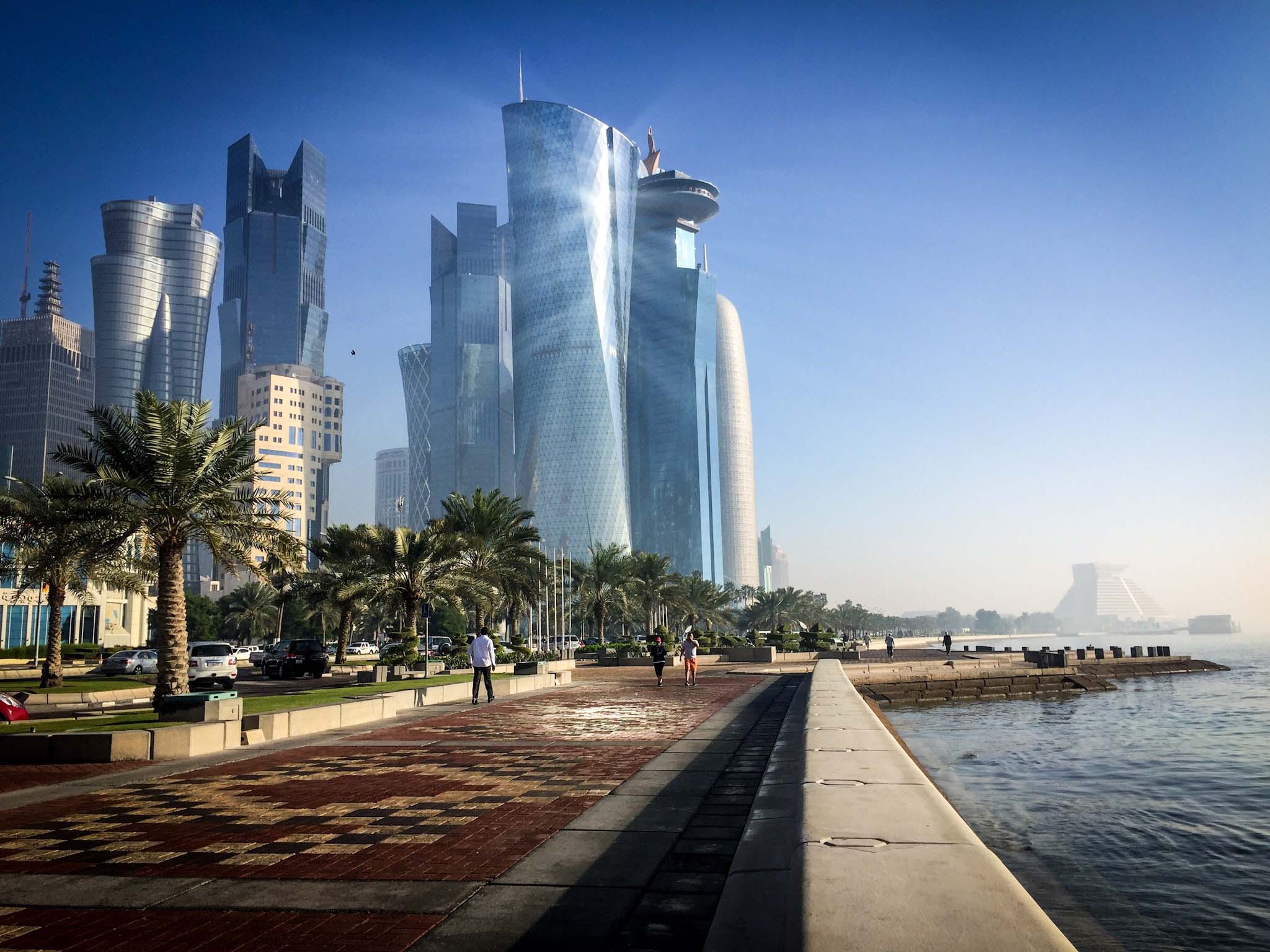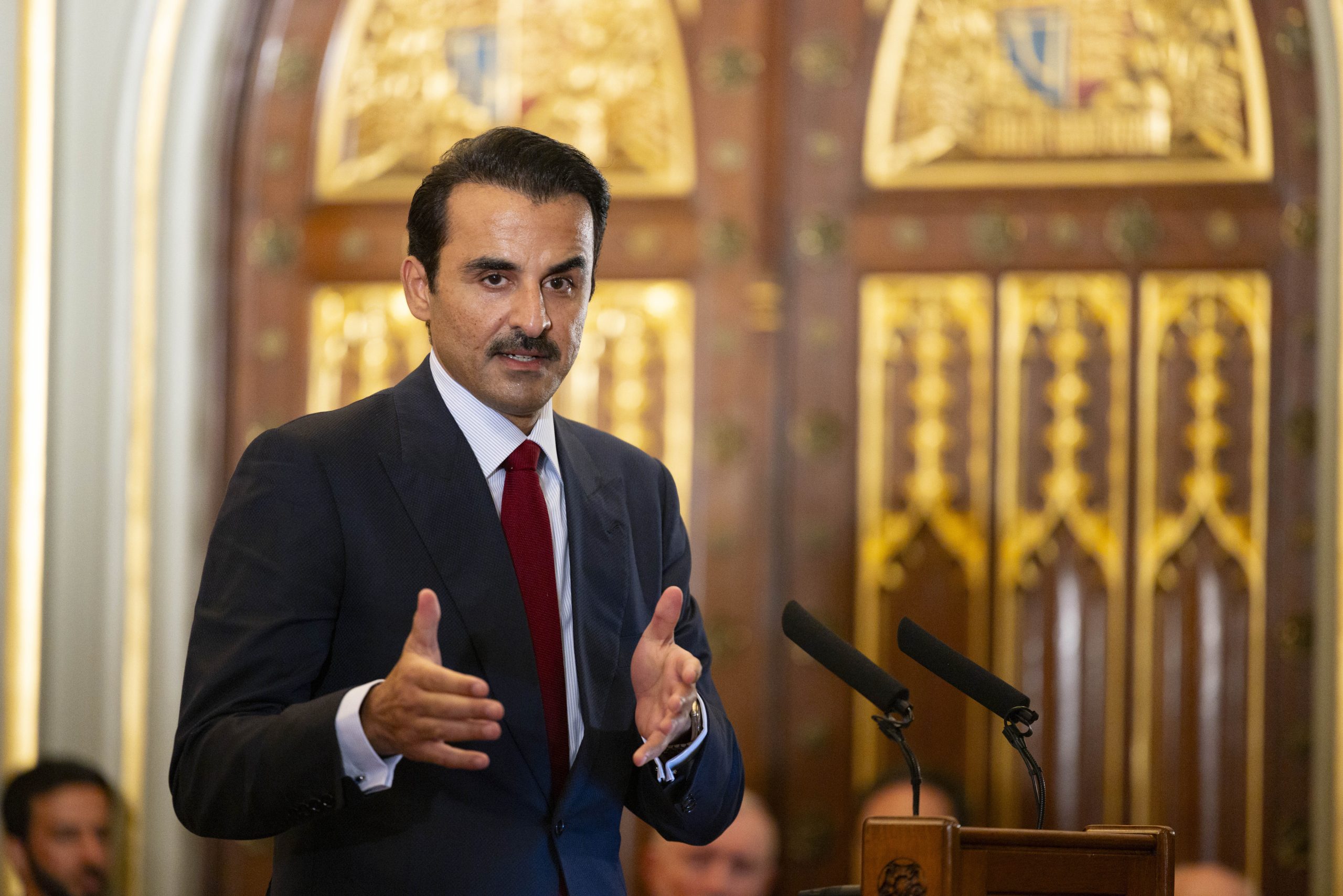
Qatar has lost its title as region’s most competitive economy to the UAE after dropping four spots in a global index.
Qatar ranked 18th out of 138 nations, according to the newly released World Economic Forum’s Global Competitiveness Report 2016-2017.
It was edged out by the UAE, which moved up one spot to 16th place.

However, Qatar still came out second in the region, ahead of all other Middle Eastern countries in the index. That included Saudi Arabia (29th), Kuwait (38th) and Bahrain (48th).
All three of those nations fell in the rankings this year.
Meanwhile, the top three countries on the index remain unchanged, with Switzerland holding first place, followed by Singapore and the US.
Bested by the UAE
The back-and-forth between Qatar and the UAE has been going on for some time. Last year, Qatar reclaimed the top spot from its neighbor after performing well in tertiary education.
But at the time, the WEF said that the 2015 report did not take falling global oil prices into account. It warned that Qatar’s position remained more at risk than the UAE “as its economy is less diversified.”

This factor came into play during the latest rankings, which score countries on 12 economic “pillars” across three main themes.
They are: basic requirements, efficiency enhancers and innovation and sophistication factors.
According to the report, falling oil prices have led to “lower growth, higher fiscal deficits and rising concerns about unemployment” in these nations.
To make up for this, Qatar like its neighbors must do more to promote competition, reduce red tape and make labor markets more flexible so that it can diversify its revenue streams, the report said.

Other areas of weakness for Qatar included higher education and training (30th), the quantity and quality of health and primary education (27th) and technological readiness (33rd).
Strongest assets
Meanwhile, Qatar’s strongest assets continue to be its:
- Macroeconomic environment (2nd out of 138 countries) due to its balanced budget and low inflation;
- Institutions (10th) including public trust in politicians, low crime rate and little waste in government spending; and
- Goods market efficiency due to its low tax rate and buyer sophistication.
Read the full report here. Thoughts?







